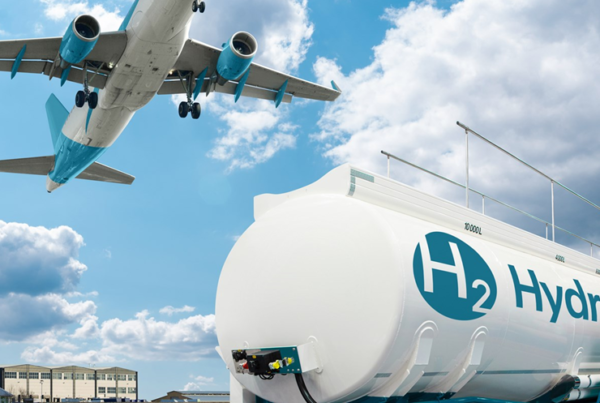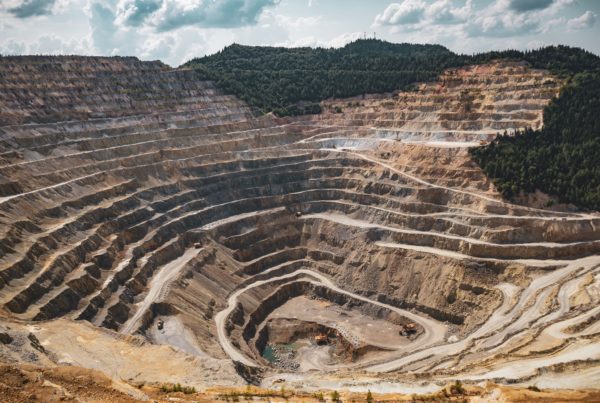
- In March 2020, the order for 15 hydrogen-powered fuel cell hybrid buses was placed with Solaris Bus & Coach SA.
- A first Solaris Urbino 12 hydrogen has now been delivered. It is now being tested initially at the RVK branch in Wermelskirchen in the Rheinisch-Bergisches Kreis.
As part of the invitation to tender in 2020, the contract for the bus was awarded to Solaris Bus & Coach. Thus, for the first time, a new manufacturer is adding to the fleet of hydrogen-powered fuel cell vehicles from Regionalverkehr Köln GmbH (RVK), which now comprises 37 buses.
“This year we are moving closer to the cross-location conversion of the bus fleet with a final 52 buses. This is currently unique in this dimension and builds on the various project steps that have been implemented since 2011 “, says RVK managing director Marcel Frank.
After this first bus, the other 14 buses will be delivered successively between July and December 2021. They are distributed across three RVK locations. Five buses will be supplied for regular service in the Rheinisch-Bergisches Kreis, five for traffic in the Rhein-Sieg district on the left bank of the Rhine and five for Hürth city traffic. The RVK location in Wermelskirchen has had 10 hydrogen buses since summer 2020.
As Chairman of the Supervisory Board of RVK, Stephan Santelmann, District Administrator of the Rheinisch-Bergisches Kreis (RBK), is full of expectations in two respects: “Climate protection remains a fundamentally important goal. Local public transport will play a major role, particularly with regard to the strategies of the federal, state and EU governments. The RVK is a pioneer in this regard, from which the Rheinisch-Bergische Kreis benefits as one of the shareholders. ”
The drivers on site are now being trained on the new Solaris Urbino 12 hydrogen bus. Together with an employee of the Solaris company, you will be instructed in the refueling processes and the special features of bus technology and hydrogen propulsion. The necessary infrastructure is part of the growing project package of the RVK and was implemented in 2020 with the construction of two own hydrogen filling stations (in Wermelskirchen in the RBK and in Meckenheim in the Rhein-Sieg district).
The 15 Solaris buses were acquired as part of the EU project JIVE 2 and through the “Fuel Cells and Hydrogen Joint Undertaking” (FCH JU), the Federal Ministry of Transport and Digital Infrastructure (BMVI) via the NIP2 program and the state’s Ministry of Transport NRW funded.
Background information: Why hydrogen?
The RVK is open to technology towards all alternative drives. RVK in the Euskirchen district has been using bio natural gas buses since September 2017 – also because of the regional added value.
In the further traffic area of the RVK, however, hydrogen is particularly suitable as a drive technology, because in addition to the urban, highly dense areas, in particular rural and correspondingly spacious regions must be served. The use of all-electric vehicles is less suitable for this heterogeneous area of application. Neither the range nor the refueling times and options would be economical and appropriate.
Fuel cell buses run purely electrically: In the fuel cell, hydrogen (H2) and oxygen (O) react by releasing electrical energy to form water (H2O). The electricity generated in this way can be stored in a high-voltage battery or drive the electric motors directly. The only “emission” of these vehicles is pure water or water vapor. In addition, the buses are absolutely quiet.
Read the most up to date Fuel Cell and Hydrogen Industry news at FuelCellsWorks




